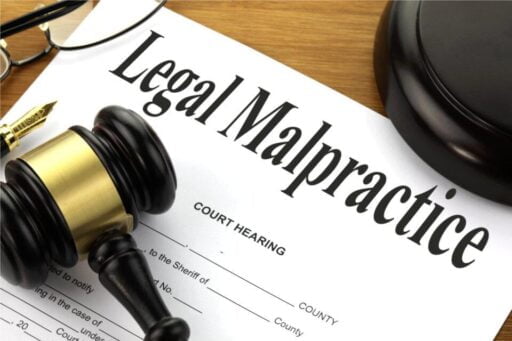Navigating the legal landscape can be a minefield for small businesses. From contracts to intellectual property rights, there are various legal pitfalls that can trip up even the most vigilant entrepreneurs. In this article, we will explore some of the most common legal mistakes made by small businesses and provide practical tips on how to steer clear of them. Whether you’re a fledgling startup or a seasoned business owner, it’s crucial to be aware of these pitfalls in order to safeguard your business’s future.

Key Legal Oversights Committed by Small Businesses
Small businesses often overlook key legal aspects in their operations, which can lead to serious consequences down the line. One common mistake is failing to properly protect intellectual property such as logos, brand names, and inventions. Without the appropriate trademarks, copyrights, or patents in place, small businesses risk losing their unique assets to competitors or facing legal disputes.
Another oversight is neglecting to have clear and comprehensive contracts in place with employees, vendors, and clients. Ambiguities or missing clauses in these agreements can result in misunderstandings, delays, or even costly litigation. By investing time and resources into ensuring that all legal documents are thorough and legally sound, small businesses can avoid potential pitfalls and protect their interests.

Avoiding Legal Pitfalls: Essential Strategies for Small Enterprises
Running a small business can be both rewarding and challenging. However, many small enterprises often find themselves facing legal pitfalls that can threaten the success of their business. To help you navigate through these challenges, we’ve compiled a list of common legal mistakes that small businesses make and provided essential strategies on how to avoid them.
One of the most common legal mistakes small businesses make is neglecting to have proper contracts in place. Without clear and legally binding contracts, businesses are at risk of disputes, misunderstandings, and potential lawsuits. To avoid this pitfall, always ensure that you have contracts in place for all business transactions, partnerships, and agreements. Additionally, it’s important to regularly review and update these contracts to ensure they reflect any changes in your business relationships and operations.

Professional Guidance: Navigating the Legal Landscape for Small Business Owners
One common legal mistake small business owners often make is neglecting to properly protect their intellectual property. The failure to trademark logos, brand names, or products can leave businesses vulnerable to infringement issues. To avoid this mistake, small business owners should prioritize trademarking their intellectual property early on to establish ownership and prevent others from using it without permission.
Another mistake many small business owners make is not having clear and thorough contracts in place with vendors, partners, employees, and clients. Ambiguous agreements can lead to misunderstandings, disputes, and potential legal battles down the line. To avoid this pitfall, small business owners should work with a legal professional to draft comprehensive contracts that outline expectations, deliverables, payment terms, and dispute resolution mechanisms.
In Conclusion
In conclusion, small businesses must always be diligent in navigating the complex legal landscape to ensure their success and longevity. By staying informed, seeking professional advice, and implementing proper safeguards, entrepreneurs can avoid common legal pitfalls and protect their ventures from unnecessary risks and liabilities. Remember, prevention is always better than cure, and taking proactive measures to address potential legal issues can save you time, money, and stress in the long run. Here’s to your business thriving and flourishing in a legally sound environment.
